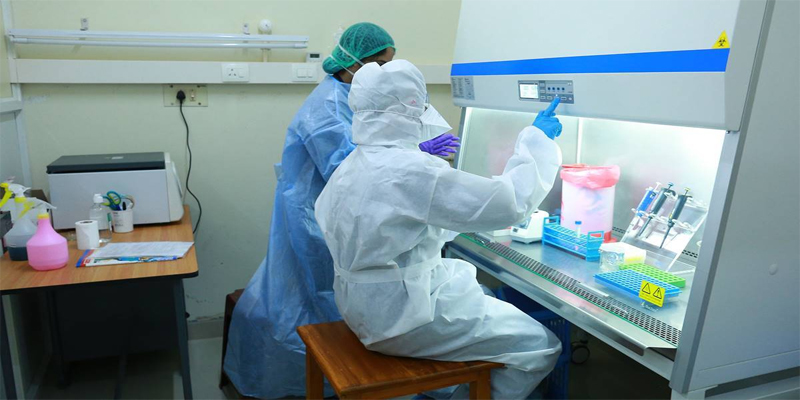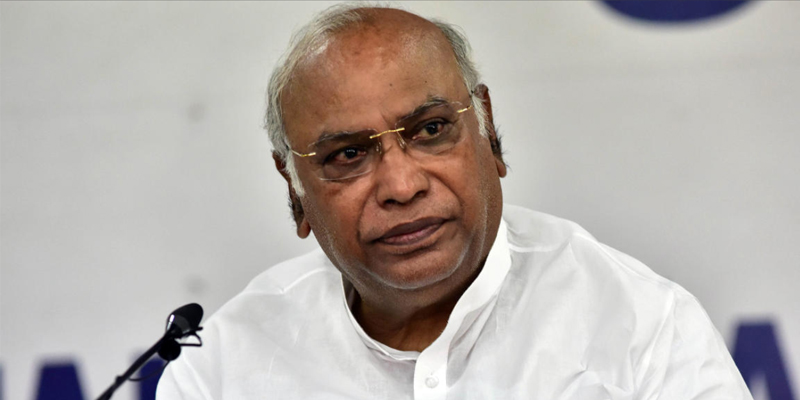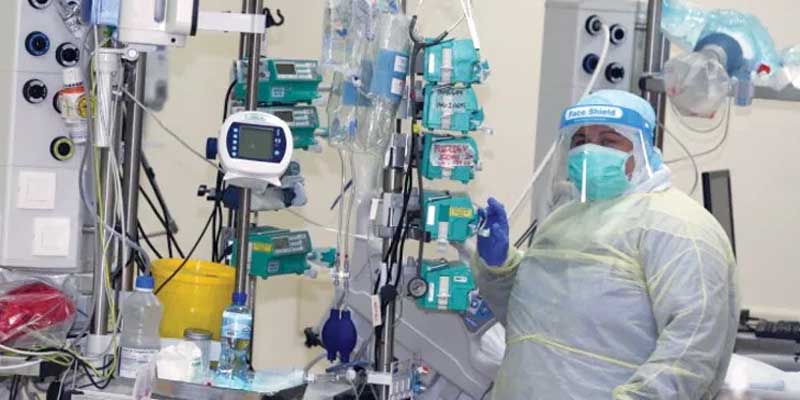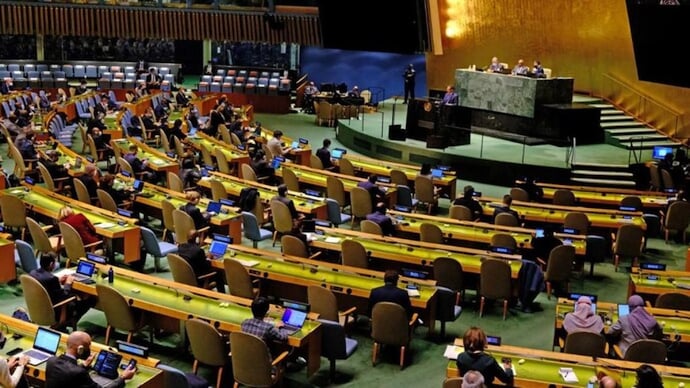Chief Minister Pinarayi Vijayan has said that it’s been six months since the pandemic struck and the government is using all its resources to tide over the unfamiliar situation. The vigilance and support shown by the people in this regard have given impetus to the Covid preventive measures.
The health department started working on a protocol from the second week of January in the absence of an approved protocol to address a SARS virus spreading in China. The first case of COVID-19 in the country was confirmed in Kerala on January 30. There were three cases in the first phase and we were able to contain the spread. The second phase started on March 8. At the time of the announcement of the nationwide lockdown on March 24, 105 people were undergoing treatment in Kerala.
On May 3, the number of patients was reduced to 95. In the second phase, a total of 496 people were infected and only 165 were infected through contact. But once the unlock process started, the third phase began when people started arriving in Kerala from outside. Till date, 6,82,699 people have come from outside, 4,19,943 were from other states and 2,62,756 from foreign countries. In the third phase, 21,298 people were infected till July 29. Of these, 9,099 came from outside Kerala and 12,199 people got infected through contact.
“A significant increase in the number of patients was expected earlier. However, the prevalence of the disease is still unpredictable in Kerala. The systematic work by the government during these six months ensured that Kerala did not go into a dangerous situation as many had predicted. An examination of the health sector alone reveals the extent of government interventions”, the CM said.
Two hundred and sevnty-six doctors were appointed in a single day for COVID duty. Kasargod Medical College was made operational and 273 posts created. Nin hundred and eighty doctors were appointed on a temporary basis. In addition, 6,700 temporary posts were filled through the NHM to strengthen the basic health system.
About 1,000 ambulances were made available for Covid patients. There are 50 mobile medical units operating in the state. Hospitals were converted into COVID hospitals and other facilities were set up. Monitoring systems, from ward level committees to the top, are the mainstay of the Covid defence activities in the state.































